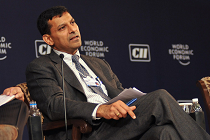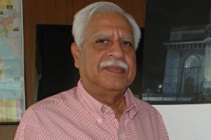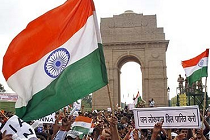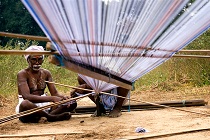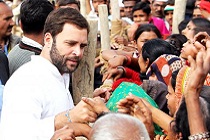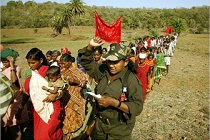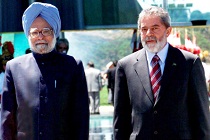A man for the big moment
On 28 September, Brajesh Mishra, the former Indian National Security Advisor passed away in a hospital in New Delhi. Amit Baruah, journalist and Gateway House's South Asia Fellow, blogs about the remarkable contributions of this veteran Foreign Service Officer in shaping India's foreign policy.



